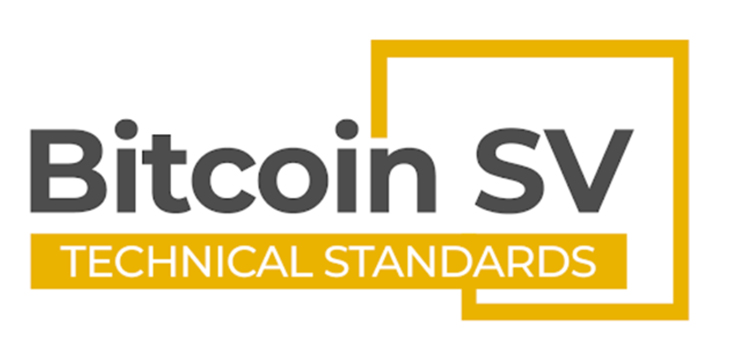|
Getting your Trinity Audio player ready...
|
Can Bitcoin be governed?
Certain aspects of blockchain technology fall under the purview of NIST, IEEE and any number of standards in the networking, computer science and information security industries. However, there has never been a technical standards committee established with specific focus on Bitcoin or competing blockchain protocols like the obsolete Ethereum network. In contrast, the digital currency industry typically praises itself for a lack of professionalism while cheering for the successes of its own “decentralized” self-governance: a meme which only stands up to scrutiny in the absence of research into Digital Currency Group.
Of course, the self-praise from most blockchain groups is lauded by the same people hoping that the general public ignores their proximity and participation in an industry plagued by blatant scams, cyclical hype bubbles and sometimes globally coordinated fraud. Against this murky backdrop, the Bitcoin Association has established a Bitcoin SV Technical Standards Committee as a cornerstone of BSV’s increased distinction from the blockchain economy at large. This past week, they have reached the milestone of formally requesting public review of a proposed technical standard!
What’s the standard?
A subject well known to big blockers: Simplified Payment Verification (SPV) and Merkle inclusion proofs will be the first standard proposed for feedback and review as the committee seeks to establish a standardized data format. Codifying the standard would allow SPV to be implemented by commercial entities in a way which is cross-compatible between wallets, much the same way as USB devices are compatible between Mac, Windows and Linux PCs.
If enacted, wallets could adopt the standard, and advertise that they are compatible with the industry standard for simplified payment verification, and give consumers greater confidence in the technology. Over time, this sort of thing could set Bitcoin SV apart in two ways:
1: Creating professional documentation and standards which will attract development from outside of the bitcoin economy to utilize SPV (and other, upcoming Bitcoin SV standards,) while also allowing the Bitcoin economy to cross pollinate more deliberately with the global technology sector.
2: Establish more intentional connections to the bitcoin white paper (namely Section 8 “Simplified Payment Verification”) as another point of reference for the Bitcoin protocol only being fully available on the Bitcoin SV network. SPV is notably unavailable, infeasible to implement or completely deprecated across most other competing, Bitcoin-based networks.
Challenges
While technical standards have their own pitfalls (often criticized amid the tug-of-war between standardized vs proprietary formats), they tend to lead to an industry-wide predictability which, coupled with successful commercial adoption, helps industries professionalize and integrate into existing technologies. But they won’t be without their own detractors!
As with any new idea, there could be some pushback from commercial developers who do not want to conform to (admittedly optional) standards. Or as we have seen in other technology sectors, multiple governing bodies could emerge to propose incompatible, competing standards which would create layer 2 format wars not unlike VHS vs Betamax.
But standards could help clean up some of the confusion that plagues new Bitcoiners, and they will clarify a path forward for Bitcoin SV to truly become the professional grade blockchain for enterprise data management and peer-to-peer commerce.
If you would like to participate in giving feedback to the Bitcoin SV Technical Standards Committee, please click to register and get involved in the process of establishing standards which will help bring Bitcoin SV to the world!

 02-26-2026
02-26-2026 




